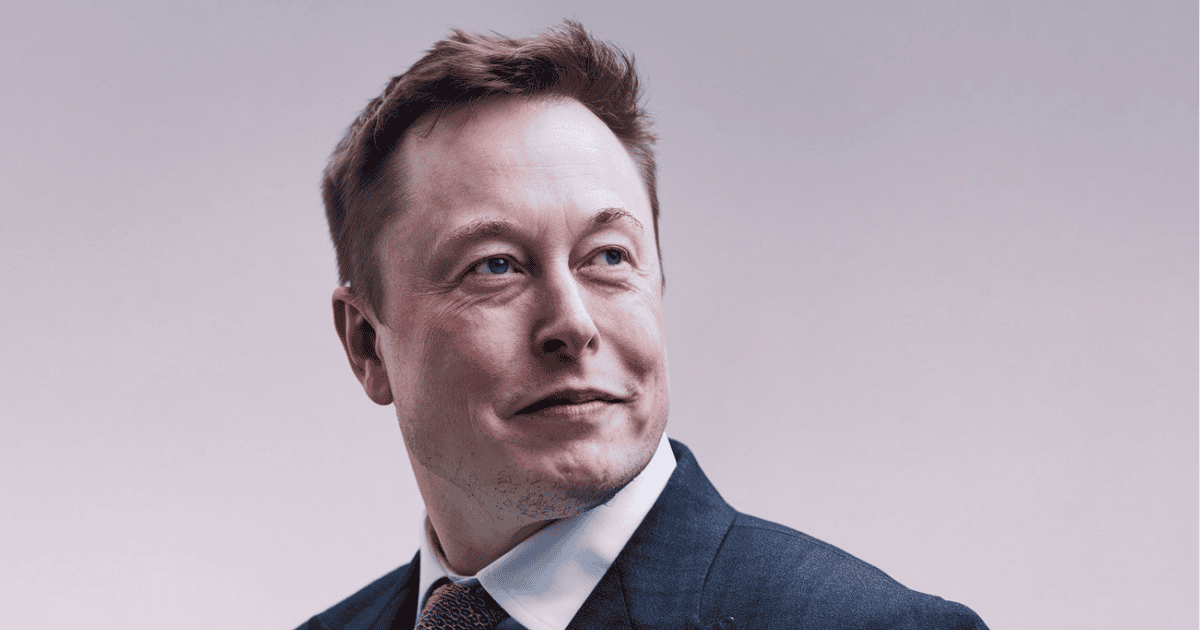Elon Musk’s reposting of deepfake videos featuring Kamala Harris has stirred controversy, raising questions about the legality of such actions under California’s stringent new AI laws. These regulations, aimed at curbing the spread of misleading media, especially in election contexts, challenge the boundaries between satire, misinformation, and the responsibility of public figures in the digital age. As California seeks to regulate the growing threat posed by deepfakes, Musk’s actions spotlight the intersection of social media influence and electoral integrity.
Overview of California’s New AI Laws
California’s new AI laws are among the most comprehensive in the United States, specifically targeting the manipulation of media through deepfakes. A major focus is on combating misinformation during elections, a time when public perception is particularly vulnerable.
- Election Deepfake Regulations: One law prohibits the distribution of deepfakes within 120 days before an election, with a specific focus on political content that could mislead voters.
- Judicial Relief for Candidates: Political candidates now have the legal power to seek court orders to remove or block deceptive deepfake content. They can also pursue damages from the creators and distributors of such content.
- Platform Responsibility: Social media platforms must now actively monitor and remove flagged deepfake content, ensuring that AI-generated political ads are clearly labeled for transparency.
California’s approach addresses the rapid spread of AI-generated media and its potential to distort democratic processes. As we head toward the 2024 elections, this law represents a significant step toward preserving election integrity and public trust.
Implications for Deepfake Content
California’s legislation carries major implications for deepfake content, particularly as the technology becomes more accessible and sophisticated. The rapid dissemination of manipulated videos—such as the Kamala Harris deepfake reposted by Elon Musk—exemplifies the challenges posed by AI in the modern political landscape.
Key Takeaways from the Law’s Impact:
- Legal Accountability: Political candidates now have the power to hold individuals accountable for distributing deepfake ads, forcing platforms and influencers to tread carefully when sharing content.
- Transparency in Political Advertising: AI-generated political ads must be clearly labeled, allowing viewers to understand the origin of the content and its potential biases.
- Social Media’s Role: Online platforms are tasked with the removal of misleading political media. Failure to comply could result in legal repercussions, making it harder for deepfake content to thrive.
As these laws come into effect, content creators, influencers, and political campaigns must consider the legal risks involved in distributing AI-generated material. The implications of sharing manipulated content, especially in politically sensitive times, could result in hefty penalties.
Elon Musk’s Social Media Strategy and Its Risks
Elon Musk’s approach to social media, characterized by a mix of provocative statements and unfiltered content, often places him at the center of controversy. His recent reposting of a Kamala Harris deepfake that received over 150 million views exemplifies the power and risks of his online presence.
- Ambiguous Messaging: Musk’s social media posts often blur the lines between humor, parody, and misinformation, leaving viewers uncertain about the authenticity of the content he shares.
- Influence on Public Opinion: As one of the most-followed figures on social media, Musk’s reposting of a deepfake video has a wide-reaching impact on public perception, potentially influencing voters.
- Lack of Transparency: Without clear labeling of deepfakes or AI-generated content, Musk’s posts raise questions about his responsibility in preventing the spread of misleading information.
While Musk’s strategy to generate engagement is highly effective, it opens him to significant legal risks, particularly under California’s new laws. Given the scope of his influence, his actions could set a precedent for how high-profile figures are held accountable in the digital space.
Legal Risks of Sharing Deepfakes
California’s AI laws impose significant legal risks on individuals and platforms that share deepfake content. As we’ve seen with Musk’s reposting of the Kamala Harris deepfake, the consequences of sharing such content go beyond public backlash—they could lead to legal action.
Major Legal Concerns:
- Civil Penalties: Individuals who share deepfake content, especially in the context of elections, could face fines and damages, particularly if the content misleads voters.
- Court Orders: Political figures can seek injunctions to have deepfakes removed from online platforms, shifting legal accountability onto both the creators and sharers of the content.
- Platform Liability: Social media sites are now required to actively monitor and remove deepfakes flagged as misleading, adding a layer of responsibility for influencers like Musk.
Ignoring these new legal requirements could result in financial penalties and damage to one’s reputation. With increasing scrutiny on political content, social media users must exercise caution in what they share.
Public Reaction and Controversy
The public reaction to Elon Musk’s sharing of the Kamala Harris deepfake video has been polarizing, sparking heated debates about the line between free speech and the spread of disinformation.
- Criticism of Misinformation: Advocacy groups have expressed concerns about the potential impact of Musk’s post on election integrity, arguing that deepfakes could confuse or mislead voters.
- Defense of Parody: Supporters of Musk argue that his reposts should be considered satire or parody, rather than outright disinformation. This raises important questions about the distinction between humor and harmful political manipulation.
- Calls for Accountability: With California’s new laws in place, there is growing pressure for public figures like Musk to be held accountable for sharing potentially misleading content, especially during sensitive electoral periods.
This controversy highlights the broader societal dilemma of how to regulate AI-generated content while balancing free expression. As deepfakes become more prevalent, the line between entertainment and deception becomes increasingly blurred.
Related Reading: California’s AI Laws and What’s Prohibited
If you’re interested in a deeper dive into California’s AI laws and the restrictions they impose, you can check out this informative article: “California’s AI Laws: What’s Now Prohibited”. It covers the specifics of the new legislation, the broader impact on industries, and what Californians can expect moving forward in terms of AI governance.
This article offers a comprehensive look into how these laws are shaping the future of AI use in California, from deepfakes to the regulation of AI-generated content in entertainment and politics. It’s an excellent resource for understanding the full scope of these groundbreaking regulations and how they affect both users and creators of AI technology.
Expert Opinions on Regulation
Experts in AI and legal ethics are advocating for stronger regulation to address the rise of deepfakes in political discourse. As California sets a precedent with its new laws, the conversation around how to effectively regulate misleading content has gained traction.
Key Expert Insights:
- Platform Responsibility: Experts argue that online platforms must take a more active role in identifying and removing deepfake content, ensuring a fair political playing field.
- Transparency in Ads: Mandating the disclosure of AI-generated content is seen as a crucial step in combating misinformation, allowing voters to better assess the authenticity of political messaging.
- Free Speech vs. Misinformation: Experts emphasize the need to balance free expression with the growing threat of AI-generated disinformation, especially as political deepfakes become more sophisticated.
The consensus is clear: regulations must evolve alongside AI technology to maintain the integrity of political processes.
Future of Deepfake Legislation
With California leading the way in AI regulation, other states are likely to follow suit. The success of these laws could set a nationwide standard, encouraging the federal government to introduce similar legislation to combat the rise of deepfakes.
Anticipated Legislative Trends:
- Broader AI Regulation: As deepfake technology advances, more comprehensive laws will be needed to address AI use across industries, including entertainment, media, and politics.
- Increased Platform Scrutiny: Social media platforms will face mounting pressure to improve their systems for identifying and removing deepfakes, especially as elections approach.
- Global Influence: California’s proactive stance may influence international laws, as the issue of AI-generated content transcends borders.
As we look toward the future, the ongoing development of deepfake legislation will play a critical role in shaping the digital landscape and safeguarding electoral integrity.
Final Thoughts
Elon Musk’s deepfake repost has brought the issue of AI-generated content to the forefront of public discourse. As California enforces its new deepfake laws, the implications for political figures, influencers, and the social media platforms that host their content are profound. The evolving legal framework will determine how we navigate the complexities of free speech, technological innovation, and the fight against misinformation in the years to come.






